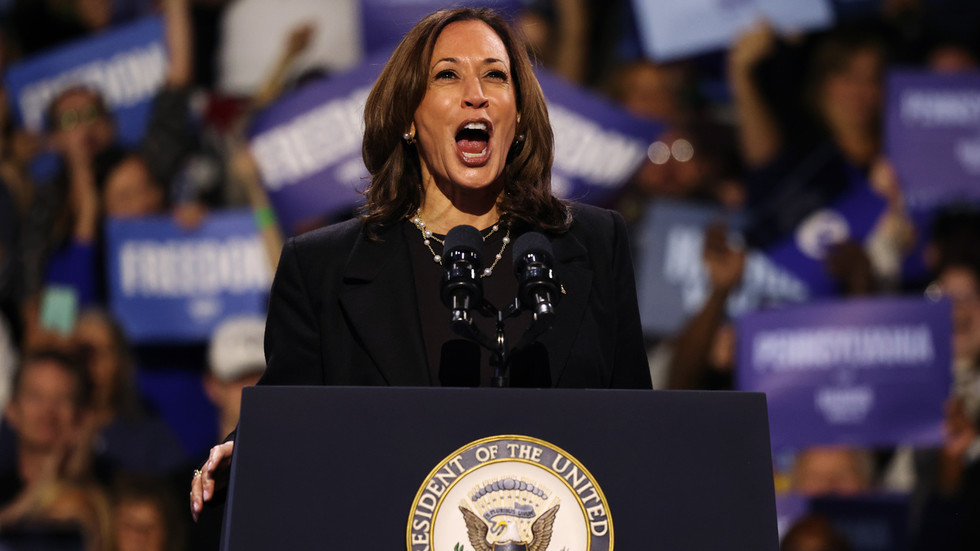Regional rivalries among campaign staff are emerging as a potential challenge for Vice President Kamala Harris as she campaigns in Pennsylvania for the upcoming US presidential election. This battleground state, which holds 19 Electoral College votes, is crucial for Democrats who rely on support from traditional strongholds like Philadelphia and Pittsburgh. With both parties expected to spend significant sums—over $500 million in TV advertising—any miscalculation in Harris’s campaign strategy could jeopardize their chances of winning in November. The stakes are incredibly high, and apprehension among Democratic insiders suggests that Harris’s campaign is facing deeper issues than just electoral arithmetic.
Reports indicate that some Pennsylvania Democrats are dissatisfied with how Harris’s campaign is being run in the state. Internal frustrations voiced by elected officials reveal a sentiment that the campaign is disorganized and ineffective. Due to this perception of mismanagement, they fear they may only win the state because of the existing Democratic infrastructure rather than Harris’s strategy. One anonymous Democratic official lamented that they anticipate a victory but one that will happen “in spite of the Harris state campaign.” This sense of organizational disarray is alarming given Pennsylvania’s critical role in determining the election outcome.
The campaign’s management in Pennsylvania has faced notable scrutiny, particularly towards Nikki Lu, Harris’s campaign manager for the state. Critics from Philadelphia allege that Lu fosters a culture disconnected from local concerns, leaving local elected officials feeling overlooked. Philadelphia City Councilmember Kendra Brooks articulated the challenges faced by the campaign, pointing out that outsiders coming into Philadelphia often lack the necessary relationships to effectively navigate its political landscape. This disconnect has raised questions about the campaign’s ability to engage communities authentically, particularly in light of Harris’s reliance on local alliances and outreach.
Engagement with key Democratic voting blocs—such as Black and Latino voters—has surfaced as a significant point of contention. Complaints about inadequate voter outreach have surfaced, but the intensity of criticism concerning this campaign is reported to be unprecedented. The situation escalated when Mariel Joy Kornblith Martin, the initial Latino coalition manager, resigned after just two weeks, citing a lack of necessary data and infrastructure. Although a Harris campaign official refuted her claims, this incident highlights potential vulnerabilities in how the campaign connects with diverse communities crucial for electoral success.
Former Philadelphia City Council member Maria Quinones-Sanchez voiced concerns about the campaign’s approach to Latino outreach, noting that a data-driven strategy may overlook cultural considerations. Some activists highlight the need for more tailored outreach to resonate with communities, especially among younger African Americans. Ryan Boyer, a prominent labor leader, criticized the campaign as being slow to engage influential surrogates that could mobilize Black voters, particularly emphasizing the need to attract African American men and women to the polls in larger numbers.
In a bid to address these issues, the Harris campaign has adjusted its strategy by bringing in experienced operatives, including President Barack Obama’s former field director for Pennsylvania, Paulette Aniskoff. Campaign manager Julie Chavez Rodriguez maintains that they are operating one of the largest and most sophisticated mobilization efforts in Pennsylvania history, implicating that there are proactive steps being taken to improve outreach efforts. By expanding the team and reinvigorating local connections, the campaign aims to mitigate the regional rivalries and frustrations that could hinder its performance in this pivotal battleground state.

